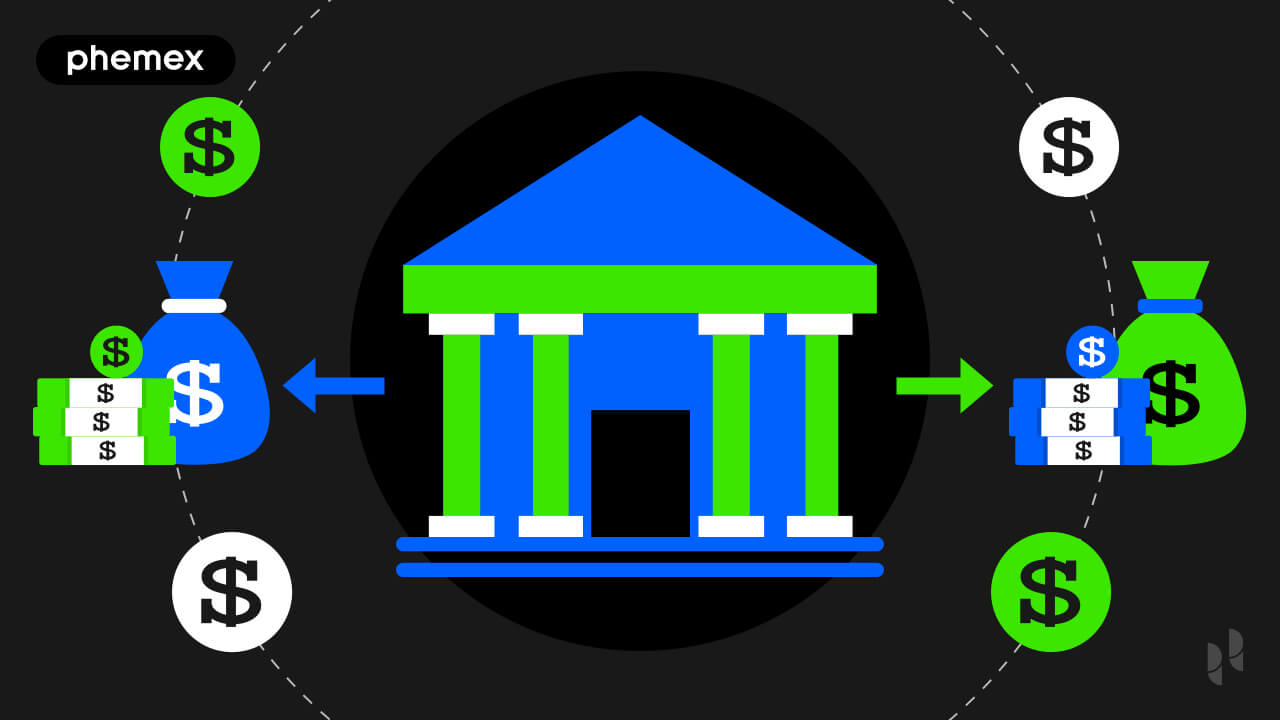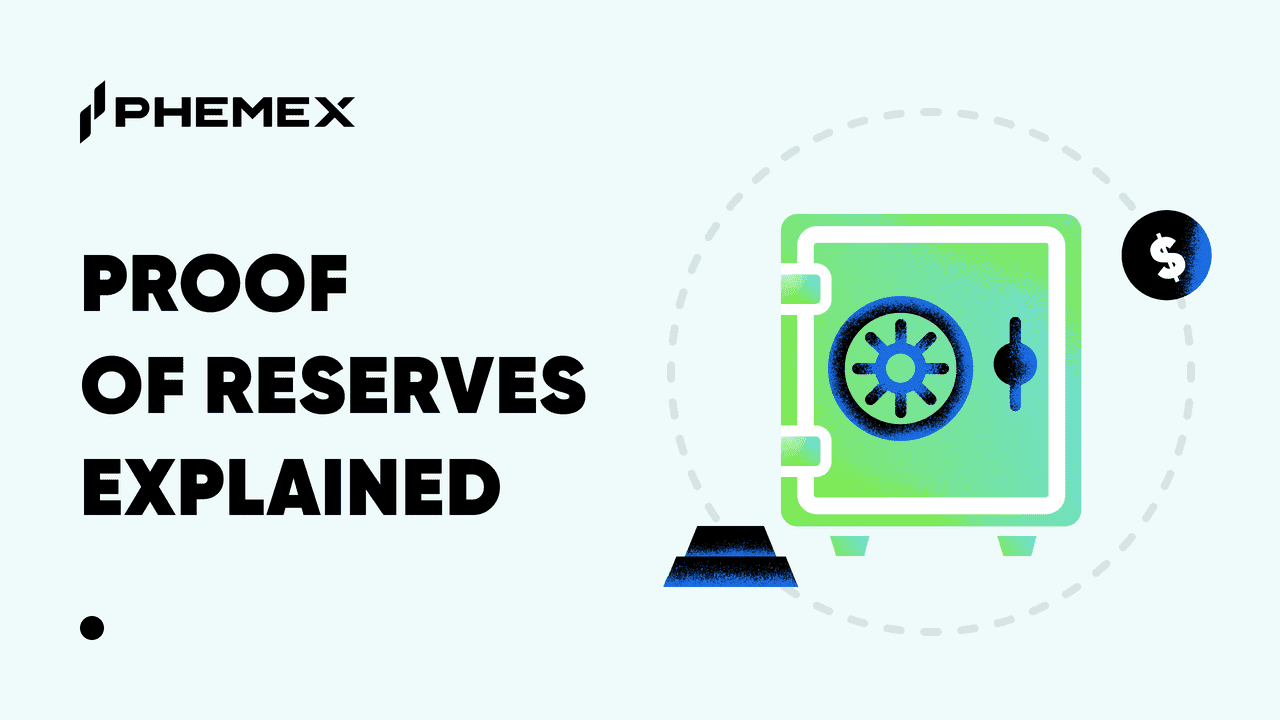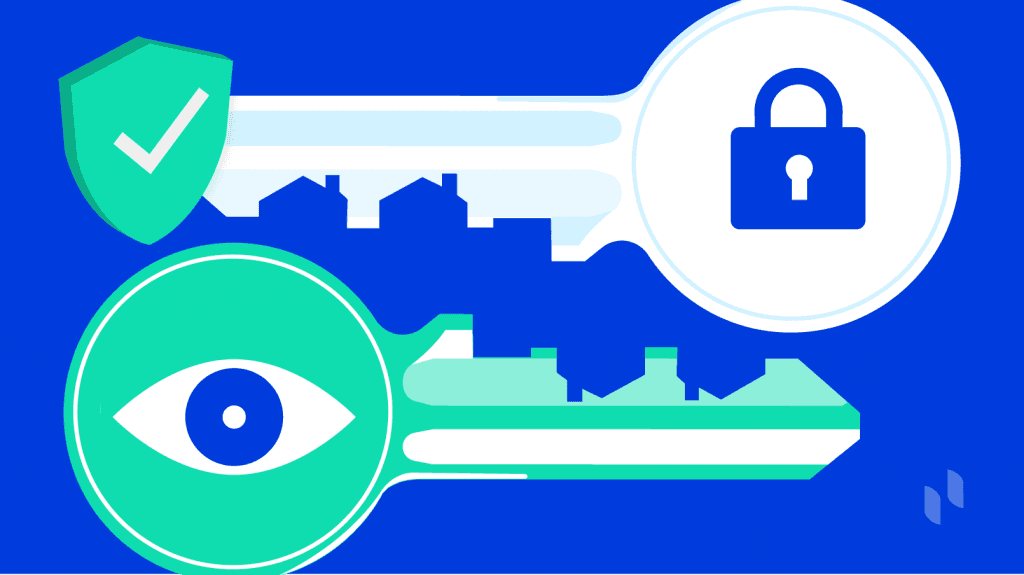As a once-leading crypto exchange blew up in everyone’s faces over the past week, several terms have been cropping up everywhere, one of which is “bank run.” It sounds scary, and it is scary.
But what does it mean exactly, and if you’re a crypto trader, why should you care?

What is a bank run?
A bank run happens when a large number of people try to withdraw their money from a bank all at the same time because they are worried that the bank might collapse. Bank runs can occur in response to rumors or real concerns about a bank’s financial stability.
A bank run is bad for everyone.
For the bank: If it does not have enough cash on hand i.e. reserves to return their customers their money, this can lead to even more panic and further withdrawals, which can cause the bank to suffer a “liquidity crunch.”
This happens when a bank does not have enough cash to meet its short-term obligations, such as customer withdrawals.
When the bank cannot find someone to bail it out by providing more liquidity or cash to it, it eventually becomes insolvent and collapses. Being insolvent means it cannot repay its customers at all, because its liabilities (what it owes) are greater than its assets (what it owns).
For the customers: They lose all their money, with extremely slim chances of getting any of it back, if ever.
Now, replace all the mentions of “bank” in the above paragraph with “crypto exchange” and you will understand what triggered the collapse of the crypto exchange FTX.
In the wake of news of financial irregularities on the balance sheet of FTX’s sister company Alameda Research, a crypto trading firm, the exchange saw $6 billion in customer withdrawals in 72 hours–which drained its reserves and forced the exchange to stop withdrawals.
The difference between a bank and a crypto exchange is because a bank is regulated, customers’ funds are protected by the Federal Deposit Insurance Corporation (FDIC). In the event that a bank fails, customers’ deposits are insured up to a certain amount.
Crypto exchanges do not have such insurance coverage. This is why bank runs on crypto exchanges are especially catastrophic; if a bank run causes a collapse, consumers’ deposits are as good as gone.
What is fractional reserve and how is it related to bank runs?
On November 9, as the FTX meltdown/ bank run was underway, the CEO of Binance, Changpeng Zhao (commonly known as “CZ”) tweeted, “Banks run on fractional reserves. Crypto exchanges should not.”
What did he mean by that?
Fractional reserve refers to when a bank keeps only a small portion (a “fraction”) of its deposits in its “reserves” as cash, and loans out the rest.
This can lead to problems if customers try to withdraw all of their money at once, because the bank will not have enough cash on hand to meet all of the withdrawals, since most of it has been loaned out.
Many people believe that fractional reserve banking leads to more bank runs because it creates a situation where the banks are more likely to run out of cash.
In the case of FTX, it had loaned out a big chunk of its customers’ deposits to its sister company Alameda, to cover for losses from bad investments, and therefore could not sustain the bank run on it.
In essence, what CZ meant was that whatever money customers put into the exchange should stay on the exchange.
Phemex is one of the crypto exchanges where its user funds are 100% backed in reserves, meaning that it runs on a full reserve, instead of a fractional reserve.
Here is how it has been able to achieve this.
In other words, even if there was a bank run on it, it would not collapse, as all customers would be able to withdraw their funds from it.
What can you do to protect yourself?
There are a few things that you can do to protect yourself from a bank run on a crypto exchange:
1) Ensure that your crypto exchange has its customer funds in full reserve to withstand a bank run. This is why many crypto exchanges, including Phemex, are working on providing Proof-of-Reserves, in order to prove this.
2) Keep your funds in your own wallet. Keeping your funds in your wallet means you have full access to it. This way, even if the exchange goes down, is hacked or anything, your funds will still be safe and within your control.
3) Stay up-to-date. This way, you can be among the first to know if there is a problem with an exchange and take steps to protect your investments. For example, sharp investors who withdrew their funds early from FTX were unscathed, while many others took no action and are now unable to withdraw their funds at all.
4) Diversify your investments. This basically means not putting all of your eggs in one basket.
Be safe – either keep your crypto in your wallet, or deposit it in a full reserve exchange so that you can continue to trade with ease of mind.
Read More
- How to Trade Bitcoin Safely: Trustworthy Bitcoin Trading
- Crypto Exchange Security in 2024
- How To Trade Crypto: The Ultimate Investing Guide
- What is Cryptocurrency & How It Differs From Digital Cash
- What Is DeFi: How To Be Your Own Bank With $100
- The 2021 Crypto Crashes Explained: What do they Mean for the Future?
- Why Does Bitcoin Have Value?
- May 2021 Crypto Market Analysis








